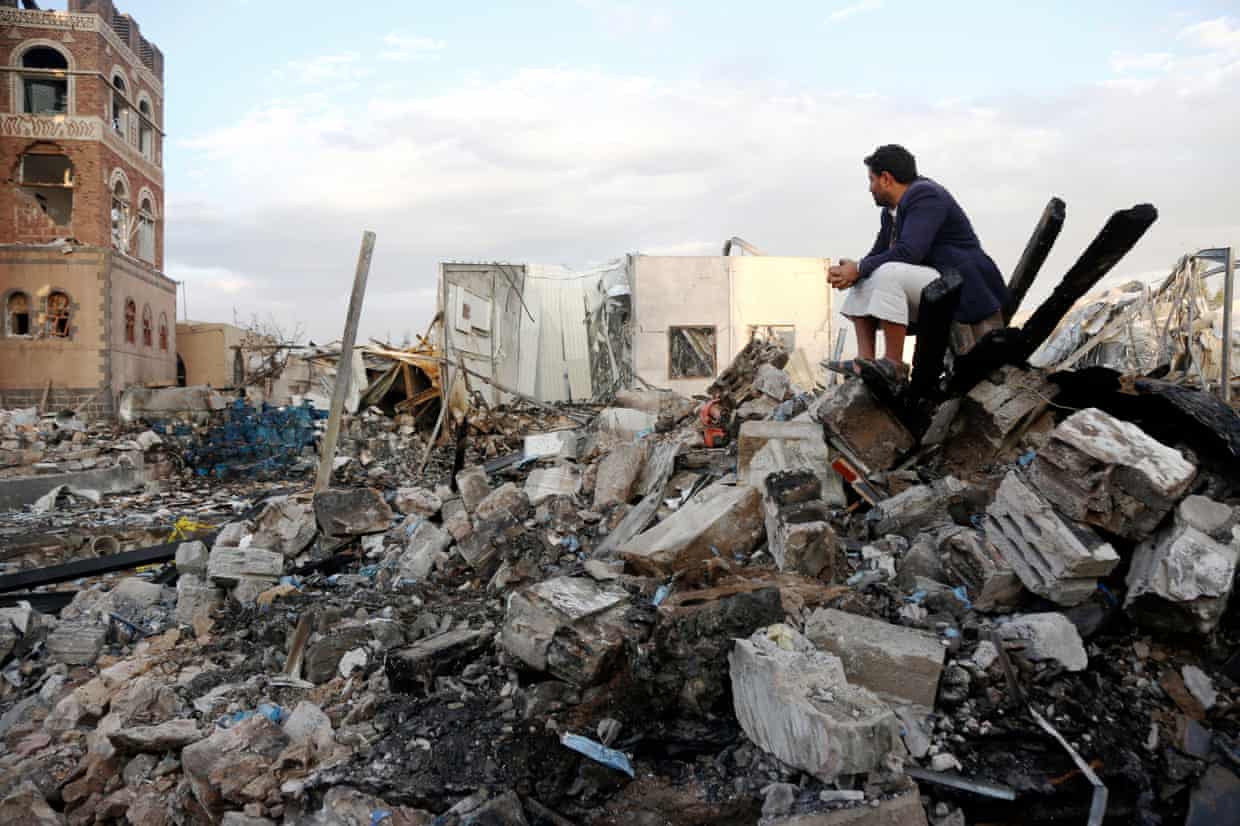In a surprising turn of events, the White House mistakenly sent classified Yemen war plans to a journalist's phone, raising serious questions about national security and the reliability of government communications. This incident not only puts sensitive information at risk but also impacts public trust. So, what happened, and what are the implications?
Overview of the Incident
The sequence of events unfolded rapidly. On a regular day, a White House staff member prepped a text containing top-secret military operations aimed at Yemen. Unbeknownst to this staffer, they were about to send this information to a journalist instead of a secure channel or an internal recipient. The journalist, intrigued but concerned, quickly realized the gravity of the message they received.
Key Events Leading to the Text
The plans were meticulously drafted for an upcoming military operation. They involved strategies that would help guide troops and resources in a volatile area. However, in the hustle and bustle of the day, a mix-up in the communication platform led to the wrong recipient getting this critical information. A simple error—fingers tapping too quickly on a smartphone—resulted in a significant data breach.
The Journalist's Reaction
Upon receiving the text, the journalist's first instinct was astonishment. "Is this a prank?" they thought. However, the weight of the message became clear once they analyzed the contents. The journalist faced an ethical dilemma: should they report this information, or keep it confidential? Ultimately, they opted for the latter, understanding that public safety was paramount.
Implications of the Mistake
This blunder shines a spotlight on the vulnerabilities within our national security framework. With sensitive military plans inadvertently exposed, what are the potential ramifications for the U.S.?
Security Breaches and Risks
Security breaches like this can have dangerous consequences. Potential adversaries could exploit the revealed strategies, endangering lives and undermining military effectiveness. Troops on the ground might face unexpected challenges due to compromised operations. Trust in military communications could erode, leading to a hesitance in sharing vital information.
Impact on Government Transparency
On another note, this incident could reshape how the government interacts with the media. The balance of transparency and secrecy is delicate. While the public deserves to know what's happening, excessive leaks can jeopardize national security. After such a blunder, it’s likely the government will tighten its grip on sensitive information, possibly leading to less transparency in the future.
Reactions from Officials and Experts
Responses poured in from various fronts following the incident. Some officials expressed outrage over the mistake, while others were more sympathetic, recognizing the challenges of handling sensitive information.
Official Statements
The White House issued a statement acknowledging the error, emphasizing its commitment to safeguarding national security. Officials noted that an investigation would follow to understand how this could happen and to prevent future incidents.
Expert Opinions
Security experts provided insights on the breach, offering recommendations on improving communication protocols. They emphasized the importance of strict limits on who can access sensitive information. Stronger safeguards are essential to prevent such lapses in the future.
Measures to Prevent Future Incidents
To avoid similar blunders, the government must implement better protocols. A few key changes could greatly enhance the security of sensitive information.
Improved Communication Protocols
Revised communication protocols are necessary. Utilizing secure messaging apps designed for sensitive information could minimize the risk of accidental transmissions. Regular audits of communication practices would help catch lapses more quickly.
Training and Oversight
Training sessions aimed at educating staff on handling classified materials could prove invaluable. If every employee understands the stakes, they’re less likely to make careless mistakes. Oversight teams should also be in place to monitor communications, ensuring proper practices are followed consistently.
Conclusion
The accidental sending of Yemen war plans to a journalist raises critical concerns about national security and the effectiveness of government communication. It serves as a wake-up call to reassess how sensitive information is shared and safeguarded. Ensuring that such incidents don't happen again is paramount for the safety of operations and maintaining public trust. It's a delicate balance—one that requires diligence, training, and transparent practices moving forward








